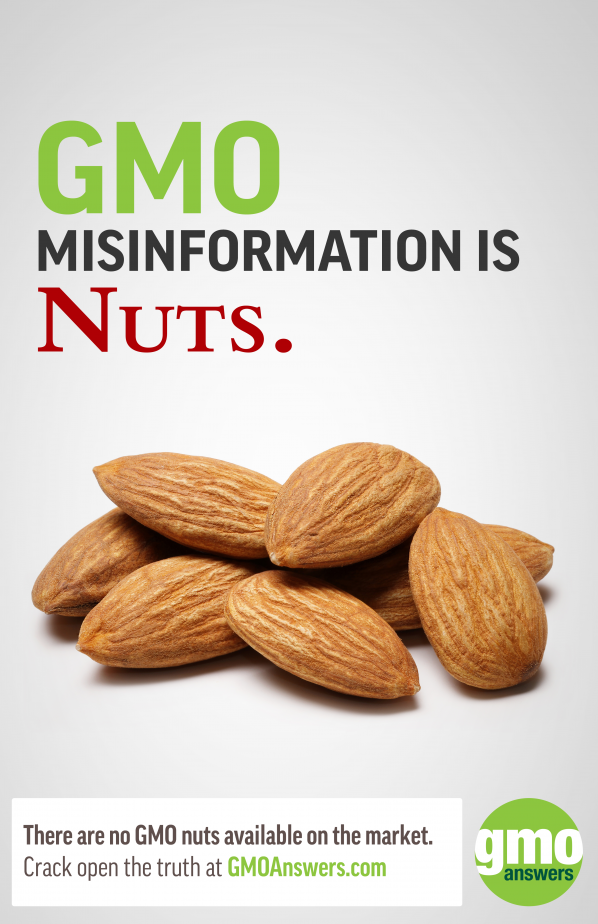Do GMOs Lead to Increased Pesticide Use?

A common misconception is that the adoption of genetically modified crops have increased the use of pesticides, when just the opposite is true. Overall, pesticide applications have decreased, largely due to the adoption of insect-resistant genetically modified crops. In fact, over the last 20 years, GMOs have reduced pesticide spraying by 8.1 percent. As a result the environmental impact associated with pesticide use on biotech crops has decreased by more than 18 percent.
Why are pesticides used?
According to CropLife International, more than a third of the world's potential crop production is lost each year to pests, such as weeds, insects and diseases. Farmers use pesticides to stop unwanted predatory insects and invasive weeds from destroying their crops. Just as gardeners deal with caterpillars that can wreak havoc on their fruits and vegetables, farmers manage for a variety of pests that interfere with crop production, reducing yield and increasing costs to the farmer and consumer. Access to agricultural technologies, like pesticides and GMO crops, help farmers minimize yield loss from pests, and grow more food without bringing more land into production.
How do GMOs play a role in reducing pesticide applications?
Several GM crops have been developed specifically for insect resistance or herbicide tolerance. Insect resistant Bt (bacillus thuringiensis) crops have been genetically engineered to produce a protein that kills specific target insects – like the European Corn Borer – when they attack the plant. These proteins only affect specific receptors in the gut of certain target pests and are harmless to humans, mammals and most non-target insects.
Did you know that the same Bt pesticide you may use in your home garden and is used on organic crops is what helps insect-resistant GM crops fight pests?
As a result, farmers are able to apply pesticides in a more targeted way to get rid of the insects that would otherwise damage their crops and decrease yield. Indiana farmer Brian Scott explains that by using Bt crops:
“We won't have to come in during the growing season to make a blanket pesticide treatment across the entire field. This means a sprayer is kept out of the field -- meaning it didn't need fuel to power the sprayer or water to carry the chemical. Fewer passes across a field also mean less soil compaction in the wheel tracks. And don't forget I didn't buy any chemical or pay an application fee to a custom sprayer. Because Bt targets specific pests, we are not spraying insecticide on the beneficial insects in our fields.”
Additionally, with farmers planting herbicide-tolerant crops, the volume of herbicides used in GM corn crops decreased by nearly 226.3 million kg from 1996 to 2015. That’s more than an eight (8) percent reduction. The use of one herbicide, glyphosate, has increased as farmers sought to adopt herbicide tolerant crops and to use more benign chemicals on their farms. Although the use of one herbicide has increased, this has not led to an increase overall.
Herbicide tolerant crops enable farmers to till — or turn over and break up the soil — less often. This has increased nutrient-rich organic matter up to 1,800 pounds per acre per year, which has numerous benefits, including better moisture retention, decreased erosion, and fewer greenhouse gas emissions.
Both insect resistant and herbicide tolerant crops have helped to improve yields, cut costs, and enable more targeted pesticide applications. Not only does that improve farmers’ bottom lines, but it also helps lessen agriculture’s impact on the environment.


